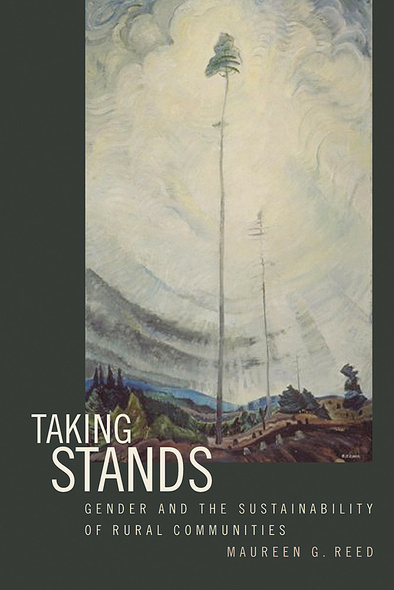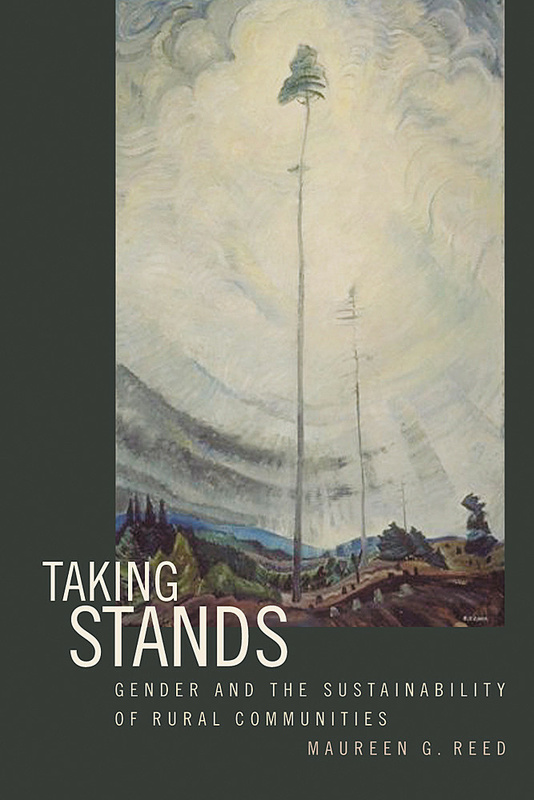
Environmental activism in rural places frequently pits residentswhose livelihood depends on resource extraction against those who seekto protect natural spaces and species. While many studies have focusedon women who seek to protect the natural environment, few have exploredthe perspectives of women who seek to maintain resource use.
This book goes beyond the dichotomies of "pro" and"anti" environmentalism to tell the stories of these women.Maureen Reed uses participatory action research to explain theexperiences of women who seek to protect forestry as an industry, alivelihood, a community, and a culture. She links their experiences topolicy making by considering the effects of environmental policychanges on the social dynamics of workplaces, households, andcommunities in forestry towns of British Columbia’s temperaterainforest. The result is a critical commentary about the socialdimensions of sustainability in rural communities.
A powerful and challenging book, Taking Stands provides acrucial understanding of community change in resource-dependentregions, and helps us to better tackle the complexities of gender andactivism as they relate to rural sustainability. Social andenvironmental geographers, feminist scholars, and those engaged inrural studies, environmental sustainability, community planning, andpolicy making will find it invaluable.
Social and environmental geographers, feminist scholars, and those engaged in rural studies, environmental sustainability, community planning, and policy making will find this book invaluable.
Awards
- 2004, Winner - K.D. Srivastava Award, UBC Press
Maureen Reed has created a significant and sophisticated study that will establish a benchmark not only in how we understand and engage with community change and debate in resource-dependent regions, but also in how we conceptualize gender, women, and activism in those debates.
An excellent handling of a complex and highly controversial topic ... It will make its mark on the world stage, inform feminist and environmental activism and theory, and help Canadians make sense of our poorly understood and badly maligned forestry sector.
Preface
Acknowledgments
Abbreviations
1. Introduction: Seeing the Trees among Women in ForestryCommunities
2. Transition and Social Marginalization of Forestry Communities
3. Policy and Structural Change in Rural British Columbia
4. Women and Woods Work: The Gender of Forestry Jobs
5. Women’s Lives, Husbands’ Wives: "Managing"Forestry Communities
6. Communities Confront Outsiders
7. Fitting In: Making a Place for Gender in Environmental and LandUse Planning
8. Social Sustainability and the Renewal of Research Agendas
Epilogue
Appendix: Describing and Reflecting on Research Methods
Notes
References I
ndex







